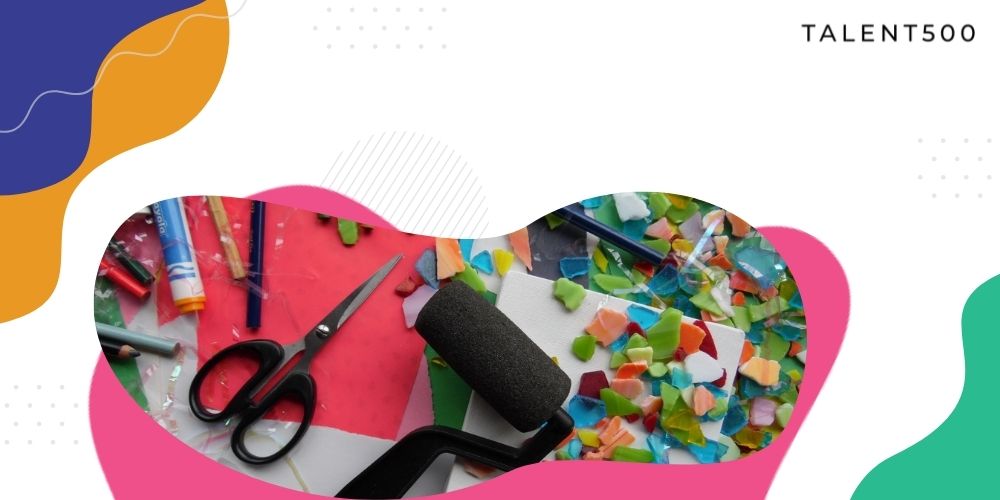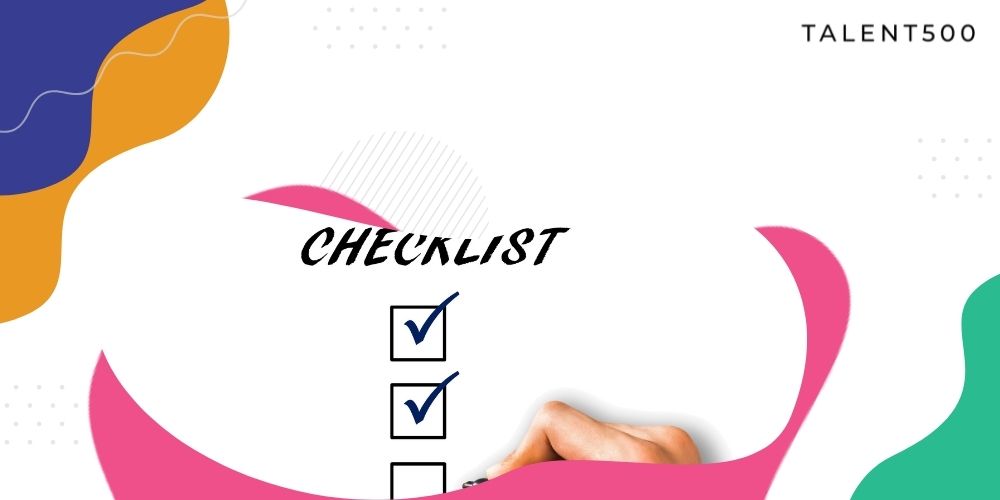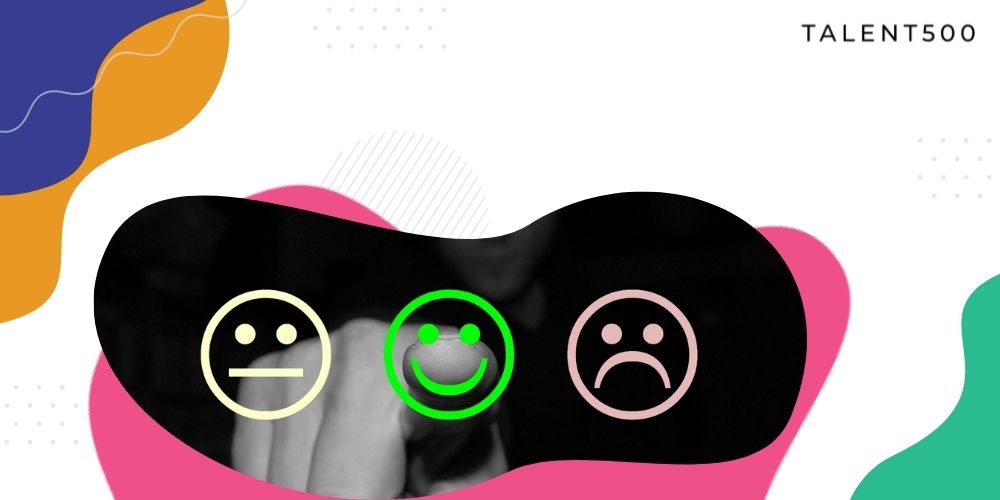Frontend developers can do more than coding a website. They can create a brand value with the correct use of elements and design in the interface layout or render branding efforts pointless with poor designs. It’s a straightforward ‘make or break’ scenario. Modern UI layout is about interaction design. If your UI designs start to look dull, you might need to learn practical ways to match the function with form. We are sharing some design tips that will help you to create UI layouts that stand out.
Add personality to the UI copy
Users find delight in small details; use them to your advantage. Whether it’s an onboarding screen or a loading message, infusing flair and personality can transform the user experience. Some of the biggest brands like MailChimp and Firebox have humor laced into the copy.
Why would you want to re-approach the content in the UI?-With the right words and a bit of personality in your UI design, you can transform everyday workflow into an engaging experience.
With so much information to provide, the best UI approach is to personalize the content for each user. Google News is an ideal example of how personalization can help brands provide users with the content or features they are looking for without asking for it. Google News relies on a user’s browser history to create their newsfeed. The ‘For You’ section is where stories show up as per the user’s interest. Furthermore, users can edit their feeds by approving or disapproving the stories Google News picks for them.

When you add some scope for personalization in the UI, you enhance customer experience and satisfaction while using your app or website. Even with a minimal choice of taxonomy, you can make your UI design stand out.
Use Illustrations for complex messages
We know how to associate visuals with words and ideas from a young age. The human brain can process visual content 60,000 times faster than text. That is why 90 percent of the information transmitted to the brain is visible.
You can make your UI layout more user-friendly using illustrations. They instantly grab the user’s attention. Furthermore, illustrations explain complex aspects of your application to the user.
But there are a few considerations:
- Illustrations must be purposeful
- They must be used in addition to the content, not as a replacement
- The color and style of graphics must match the overall UI design
- Illustrations should be focused and not distracting
Error states are an opportunity
Every website or application runs into errors at times. Rather than letting it be a frustrating experience for the users, provide a memorable experience. But how is that possible?
Chrome did it:

It is exciting to see how both the brands have turned a generally negative experience into a positive one with content and design.
If the designers at these companies can do it, so can you. While we don’t expect you to introduce a hopping T-Rex in the design, some form of engagement and personality can be up swinging for your UI layout.
Create micro-interactions
Micro-interactions are subtle experiences that users don’t expect but appreciate. Some of the biggest companies like Facebook use them to mimic real-world experiences in their applications. For example, take a look at the interaction below:

It is an excellent example of micro-interaction. Facebook users get instant feedback on their actions because of this subtle UI improvement. Also, it enhances their sense of direct manipulation.
If you compare Facebook’s thumbs-up with YouTube’s like button, there is a drastic difference in user experience. Re-evaluate your designs to see where to add the micro-interactions.
Create depth in elements with shadows
One of the reasons your UI layout might look boring is that you forgot the z-axis. Shadows make your designs look more three-dimensional by adding a layer of depth. When elements are placed closely on a smaller screen, depth can be used to create elevation and signify importance. In terms of UI design, it is essential to use shadows to create a hierarchy of the information within the app or website.
The use of shadows must always be purposeful, so it would be best to consider the importance of the elements when adding shadows to them.
Get creative with patterns and gradients
When there is much unappealing content in the design, patterns and gradients can help. Don’t get stuck with unexciting and bland backgrounds. Adding simple patterns and improving with gradients can create an eye-catching and appealing UI layout.
You can be highly creative or subtly minimalistic with patterns. It’s a mix of personal choice and requirements of the design.
Conclusion
The UI design tips we shared focus on improving the experience, not just the design aesthetics. As a UI designer, you must know that apps should have easy functionality and be user-friendly. There’s no point in having an attractive app if it’s not practical and functional.
Talent500 is a platform used by the world’s fastest-growing businesses to build their global workforce. We connect frontend developers with career redefining opportunities at some of the largest global companies. Join our elite pool of talent today to discover exciting career opportunities.








